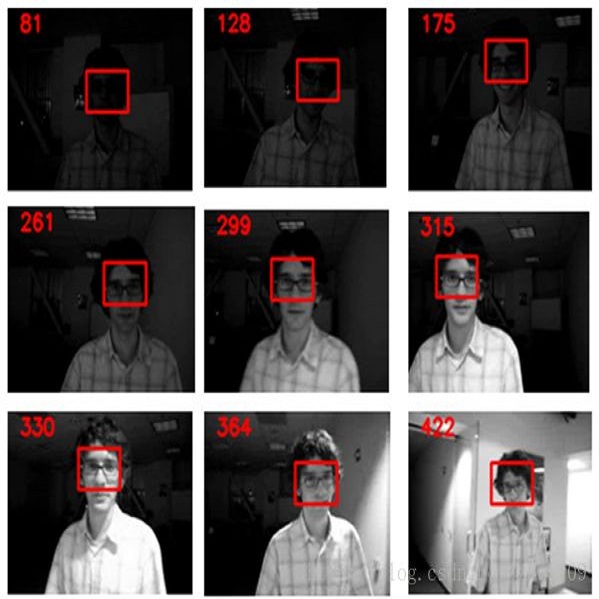Single Object Tracking in LiDAR point cloud is one of the most essential parts of environmental perception, in which small objects are inevitable in real-world scenarios and will bring a significant barrier to the accurate location. However, the existing methods concentrate more on exploring universal architectures for common categories and overlook the challenges that small objects have long been thorny due to the relative deficiency of foreground points and a low tolerance for disturbances. To this end, we propose a Siamese network-based method for small object tracking in the LiDAR point cloud, which is composed of the target-awareness prototype mining (TAPM) module and the regional grid subdivision (RGS) module. The TAPM module adopts the reconstruction mechanism of the masked decoder to learn the prototype in the feature space, aiming to highlight the presence of foreground points that will facilitate the subsequent location of small objects. Through the above prototype is capable of accentuating the small object of interest, the positioning deviation in feature maps still leads to high tracking errors. To alleviate this issue, the RGS module is proposed to recover the fine-grained features of the search region based on ViT and pixel shuffle layers. In addition, apart from the normal settings, we elaborately design a scaling experiment to evaluate the robustness of the different trackers on small objects. Extensive experiments on KITTI and nuScenes demonstrate that our method can effectively improve the tracking performance of small targets without affecting normal-sized objects.
翻译:暂无翻译



